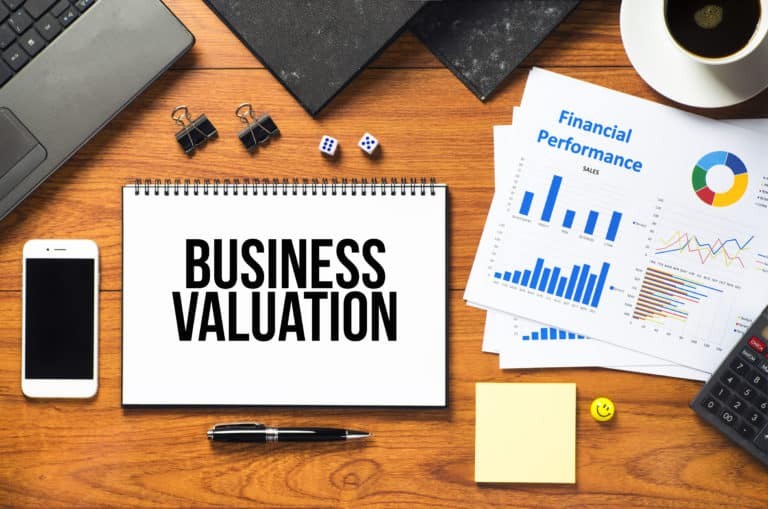In the current upbeat Indian scenario, maintaining a rational perspective is crucial amidst economic growth and stock market highs. Recognizing and overcoming investment biases is vital to prevent potential setbacks during market downturns.
Once again, India seems to be in a sweet spot. We have just hosted the G-20, the World Cup is in full swing with India coming in strong with back-to-back victories, China seems to be committing eco-political hara-kiri, and most importantly India’s economy and stock market are scaling new heights.
Today it feels that everyone is a Jhunjhunwala, but if that were the case, all investors would be living in sea-licking, multi-million-dollar mansions. It is important in these times to keep a level head and a cool mind and avoid the numerous biases that leave us nursing our wounds when the bears come out to play.
As the Bhagavad Gita so succinctly reminds us, “For the one who has conquered the mind, the mind is the best of friends; but for one who has failed to do so, his very mind will be his greatest enemy.”
Let us then decide to be friends with our minds by overcoming our biases when it comes to investing. Some of the more prominent ones that we fall for are:
Herd bias coupled with recency bias: Piling into flavours of the month along with everyone else – from the FAANGS to the HRITHIKS, to AI stocks or Crypto may leave one in a dangerous position and vulnerable to bear attacks. While they may be great companies or opportunities with a strong history of building wealth, they may not always be available at great valuations.
Just because a certain investment has done well for a period of time, does that mean that it will continue to do so? There is always constant disruption, business cycles or valuations that require the greater fool theory to play out. Apple may be a great company, but does everyone’s pensions depend on it growing at the same pace in perpetuity?
We need to independently and constantly keep reviewing our positions and themes to ensure that we are not over-anchored with biases of yesteryear.
Stereotyping coupled with vicarious bias: A dangerous combo – often I hear my mother giving me advice on what to invest in based on her stock picks from her relatives. The age-old adage of “always listen to your mother” probably does not apply here.
First of all, she didn’t do any work to understand the company, the sector or even the valuation and secondly, it’s probably in a space that has garnered her interest that sounds “exciting”. After all, everyone uses the internet or needs toothpaste.
But let’s face it folks, this investment technique doesn’t scream of success. Yet, it is something that one hears of people investing through hearsay all the time without doing any real research.
The market will test your conviction, either by showing you violent red, or simply keep the stock stagnant for extended periods of time until you get investor fatigue and throw the towel in. As a contrarian value investor, you sometimes need the ability and stomach to stay underwater for years until the story plays out. “Borrowed conviction” and “cursory knowledge” will only get you so far, but one needs to be firstly able, to understand the company and secondly, be willing to get into the trenches to ensure that when the guns are blazing.
Overconfidence bias: When the markets are riding high, we can all be guilty of feeling overconfident and thinking that we have become George Soros. We become reluctant to take money off the table and everything we invest in, we believe, will become a multibagger. Clearly, this is not so. And a contrarian nature, even on the way up, is required.
Loss aversion bias: On the flip side, there are people who avoid investing in stocks altogether. Humans by nature are hard-wired to avoid risk because the pain of the downside is more prominent than that of an upside. It generally stems from the time when our ancestors, upon hearing a rustle in the bushes, were faced with the option of “fight or flight”. The more sensible option seemed to be flight given that the downside risk could have been ending up as a sabre-tooth tiger’s dinner.
Thus, centuries later, some people rather play it safe and keep their excess funds in the bank, bonds and other safe but low-yielding products. But clearly, when we look over time, equities outperform most other asset classes as long as one is willing to accept and absorb volatility, which hopefully is just a notional loss. Although at the time when seeing all that red, it does feel quite painful. But in avoiding a proper asset allocation, they are likely to always sit in the shallows not letting their money work for them.
It is hard to overcome these biases, but it is advisable to keep a moderate mind and avoid being greedy by taking money off the table in a measured manner thus de-risking one’s portfolio. One should be willing to put in the groundwork to understand a company’s intrinsic value as that will be your anchor when the tide turns.
Arun Chulani, Co-Founder, First Water Capital Fund.
The views expressed are the authors own. Please consult your financial advisor before making any investment decisions.









